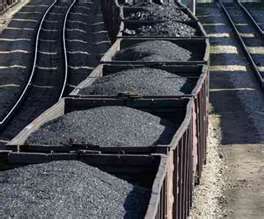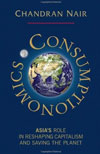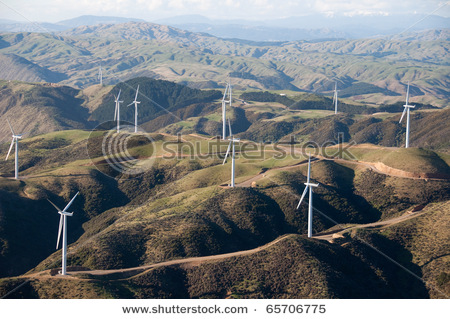 The Club of Rome has launched a new report, 2052: A Global Forecast for the Next Forty Years, written by Jorgen Randers, one of the co-authors 40 years ago of their famous publication Limits to Growth. I’ve been listening to Randers speaking at the launch this week at Rotterdam. It’s a striking address, delivered with a charm that softens its grim content. It can be viewed on the first 25 minutes of the YouTube video below. I’ll offer an outline here, along with some loose transcription of parts of the address.
The Club of Rome has launched a new report, 2052: A Global Forecast for the Next Forty Years, written by Jorgen Randers, one of the co-authors 40 years ago of their famous publication Limits to Growth. I’ve been listening to Randers speaking at the launch this week at Rotterdam. It’s a striking address, delivered with a charm that softens its grim content. It can be viewed on the first 25 minutes of the YouTube video below. I’ll offer an outline here, along with some loose transcription of parts of the address.
He reflects that he has worked a lifetime pushing sustainability without success.
Will the world overshoot and collapse? This was the warning that my friends and I made in 1972 in Limits to Growth… We are now forty years down the line and it is perfectly obvious that world has already overshot. In 1972 our critics said that the world is not going to be so stupid as to let the world move into non-sustainable territory. Well, we now are in unsustainable territory.
The simplest example is greenhouse gases.
Continue reading “2052: A Global Forecast for the Next Forty Years”

 An extraordinary op-ed headline caught my eye in the NZ Herald this morning. “Oil and gas reserves can be part of low carbon future.” Professor Basil Sharp, director of the University of Auckland Business School’s Energy Centre and Frank Duffield, an Honorary Fellow at the Centre,
An extraordinary op-ed headline caught my eye in the NZ Herald this morning. “Oil and gas reserves can be part of low carbon future.” Professor Basil Sharp, director of the University of Auckland Business School’s Energy Centre and Frank Duffield, an Honorary Fellow at the Centre,  Two North American pieces I’ve read this week appealed to me for their directness about the export of coal. One, via James Hansen, was
Two North American pieces I’ve read this week appealed to me for their directness about the export of coal. One, via James Hansen, was 
 I’ve been listening to a lively keynote address given to the NZ Wind Energy Conference earlier this month. The speaker was Lawrence Jones from
I’ve been listening to a lively keynote address given to the NZ Wind Energy Conference earlier this month. The speaker was Lawrence Jones from